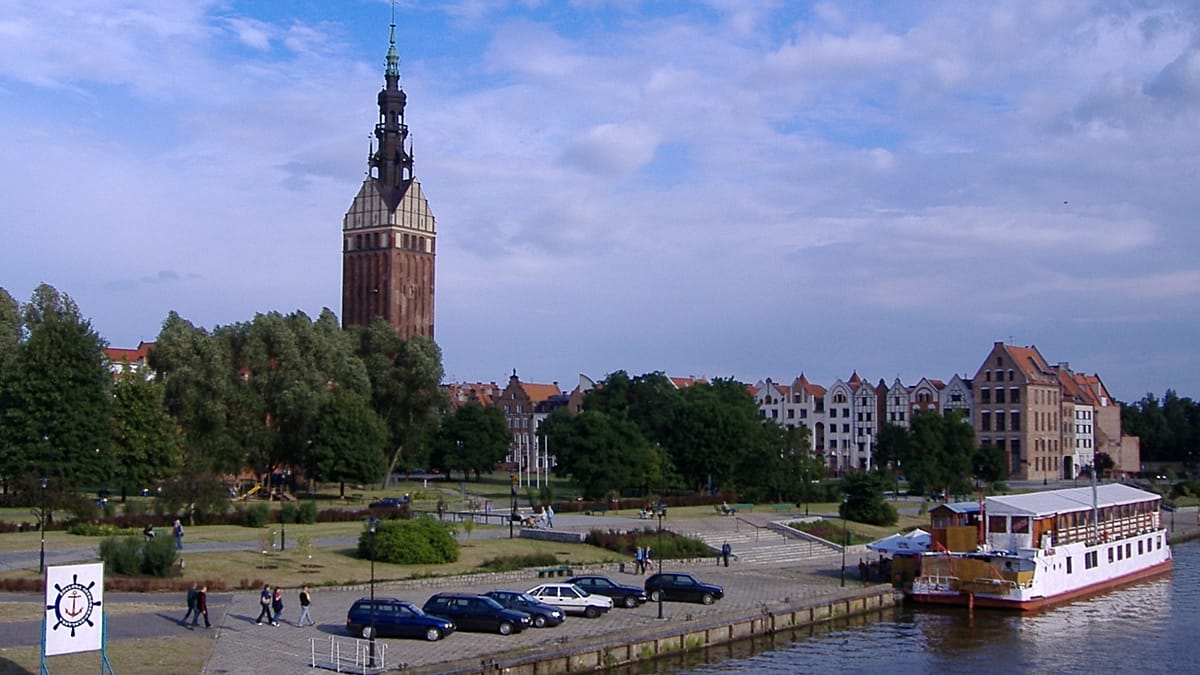EU countries are spending more on education again

Brussels – According to the report “Investing in Education 2025” published by the EU Commission on Wednesday in Brussels, public investment in education has recovered after the Covid-19 pandemic. However, it has not yet reached pre-crisis levels. Overall, EU countries spent 806 billion euros on education in 2023. The differences in Europe are significant; Austria ranks at the lower end of the scale with just under 10 percent of public spending.
National education spending reached an EU average of 9.6 percent of total public expenditure and 4.7 percent of gross domestic product (GDP). The largest share of public spending on education is allocated by Estonia (14.5 percent), Sweden (14.4), and Latvia (14), while the smallest share is by Italy (7.3 percent), Greece (8), and Romania (8.1). Relative to GDP, Sweden spends the most on the education of its citizens at 7.2 percent; at the bottom is Ireland with 2.8 percent. Austria reaches about 5 percent.
The lion’s share goes to schools
According to the report, the lion’s share of public education spending goes to schools across the EU: In 2023, it was more than 70 percent. This is roughly evenly distributed between pre-primary and primary schools (35 percent) and secondary schools (37 percent), while tertiary education accounted for 16 percent of public spending. The remainder goes to other educational offerings. The distribution in Austria follows the EU average.
The EU Commission also emphasizes the importance of education in its report: According to its estimates, the GDP of European countries could be 8 to 10 percent higher than current forecasts by 2030 if more people had sufficient basic skills. Furthermore, individuals with a higher level of education tend to earn more: Just one additional year of education could increase a person’s income in Europe by 7 percent.
“High-quality education is crucial for addressing demographic change in Europe, including the challenge of skilled labor shortages. An aging population threatens to lead to a decline in the working population and a burden on public finances. Investments in education, especially for younger generations, are essential to maintain economic dynamism,” the Commission appeals to EU states to invest more. (28.08.2025)














































